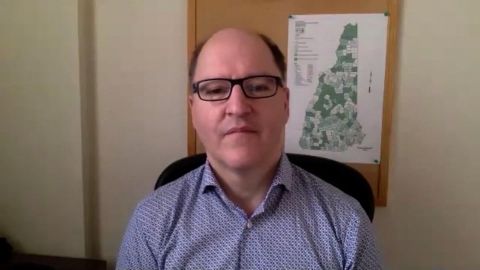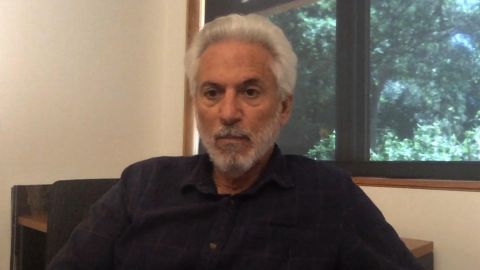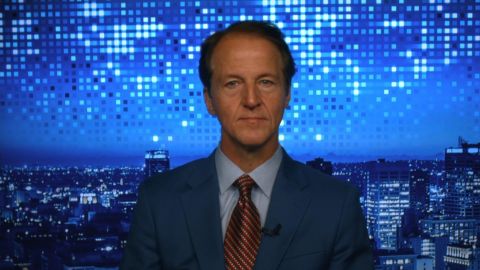Read Transcript EXPAND
CHRISTIANE AMANPOUR: Obviously, here in Europe we have seen countries like Germany, which were very, very forward-leaning and early in the testing, the contact tracing and all the rest of it. And you know that Chancellor Angela Merkel has done kind of what you`ve said, sort of like a gradual tailor-made turning of a dial. But today, we hear news that, you know, it is not such great news that they have had a fractional increase in the number of infections. So, it`s a really difficult thing. When you hear that, and we when you see the dilemma in your own country —
TIM PHILLIPS, PRESIDENT, AMERICANS FOR PROSPERITY: Yes. It is important to note that we`ve seen short two or three- day increases in infection or fatality rates even in states with tight lockdown. So, it is important to note that. I can tell you the approach we are talking about like in Texas that I mentioned earlier is to look as a roadmap at the essential services that have been allowed to remain open, think about the Walmarts, the grocery stores, places like that, to take an approach which seems to be working over the last several weeks and actually over the last month that has kept people safe while still providing basic core needs and services and to slowly expand at that. And so, that`s what we are doing. We have a roadmap from these essential services. But now it is time to carefully expand that. I think about restaurants looking at them at 25 percent capacity rather than 50 percent or 75 percent so having tight restrictions just to still protect health but that still allows an easing of this economic shutdown because what Congress has done is pass almost $3 trillion in aid and there is talk now of another massive multi-trillion dollar effort. But the gross domestic product of our nation over $14 trillion a year. There`s no amount of money on earth that can fund that for month on end as some people are suggesting. So, this phased-in approach, it is responsible. We have a roadmap from the essential services in states that have been allowed to remain open. We need to pursue it. It`s good that the Trump administration has not taken a one-size-fits-all federal approach as some have urged him to do. That would be a disaster in a country the size of the United States to make California be exactly like Florida or Nebraska or like New Jersey. Instead, we have this opportunity at the state level. We are using it. It`s not going to be perfect. Mind you, we know that. But when you look at the cost of simply shutting everything down indefinitely, there`s an enormous cost there as well. And so —
AMANPOUR: Clearly.
PHILLIPS: — we`re working at the state level. Florida is taking some steps. We have a roadmap. Let`s follow it.
About This Episode EXPAND
The president of Americans for Prosperity joins Christiane Amanpour to answer the question on everyone’s mind: How can the American economy be opened up safely? Then, journalist Michael Specter discusses Anthony Fauci’s career and leadership during the COVID-19 pandemic. Finally, Dr. Richard Levitan joins Hari Sreenivasan to explain why COVID-19 patients should be going to hospitals sooner.
LEARN MORE


